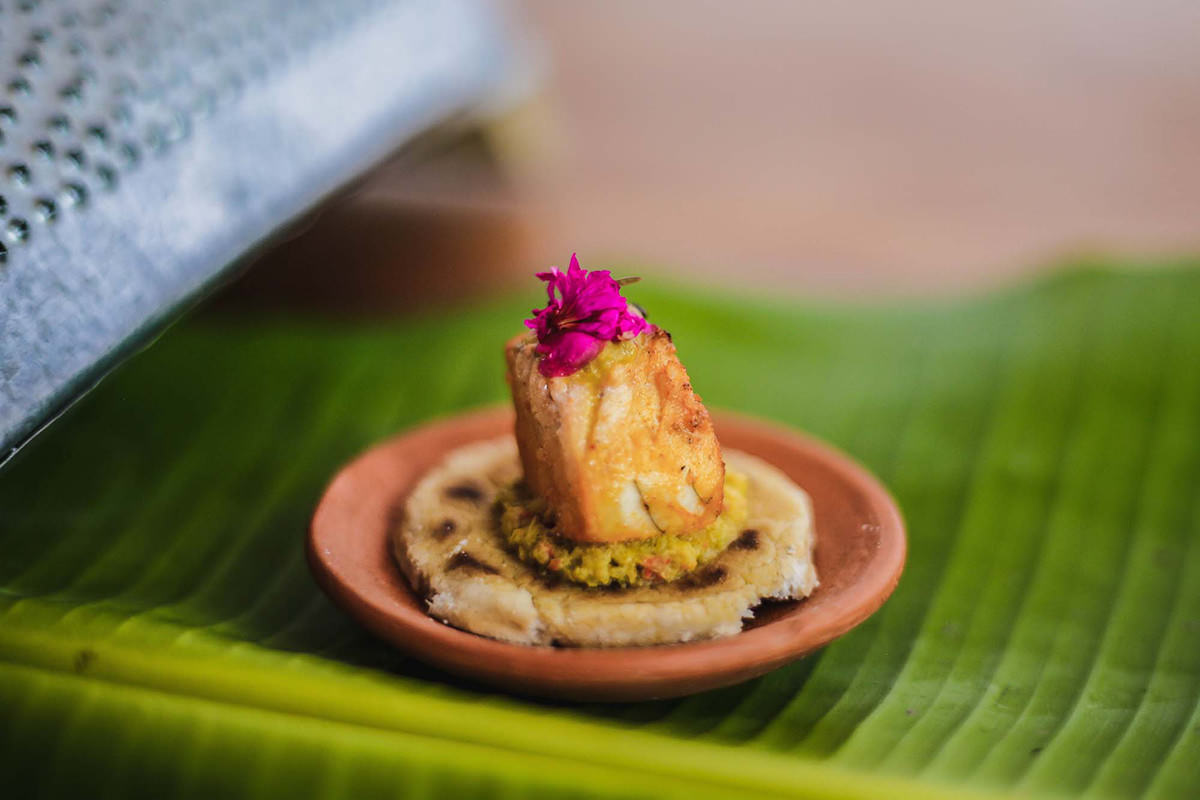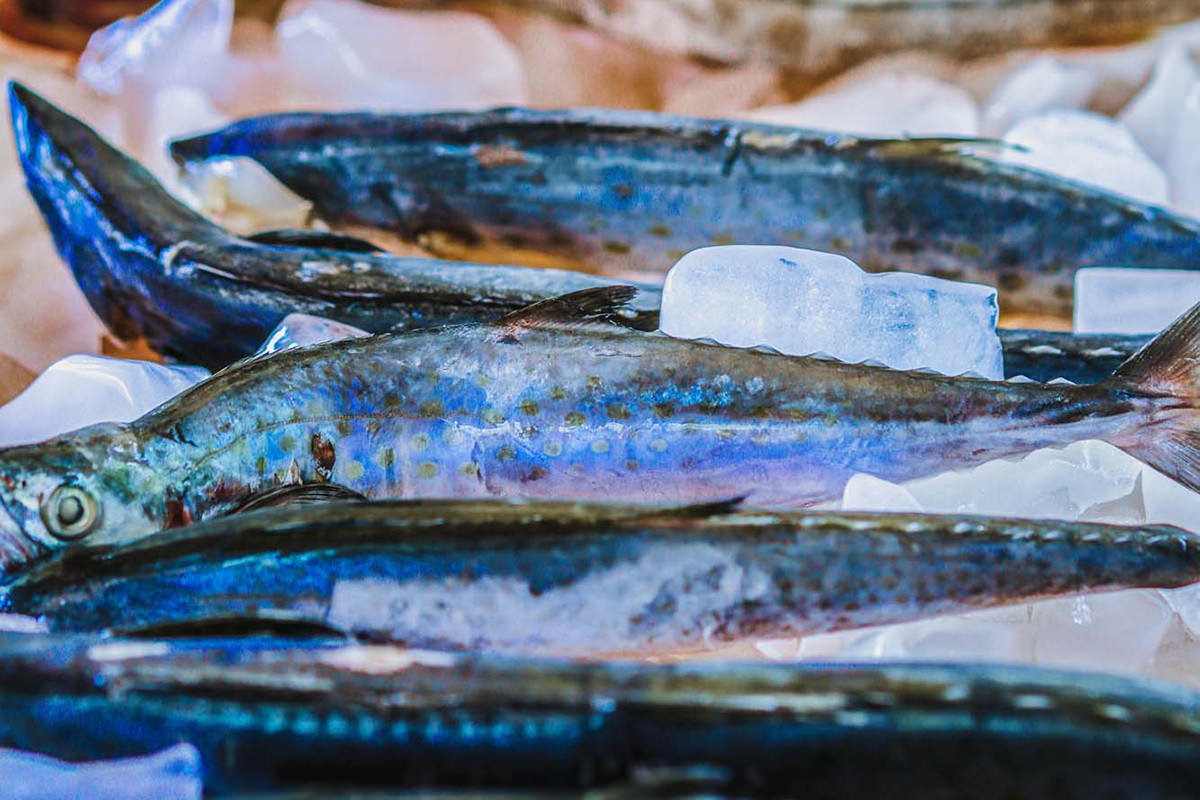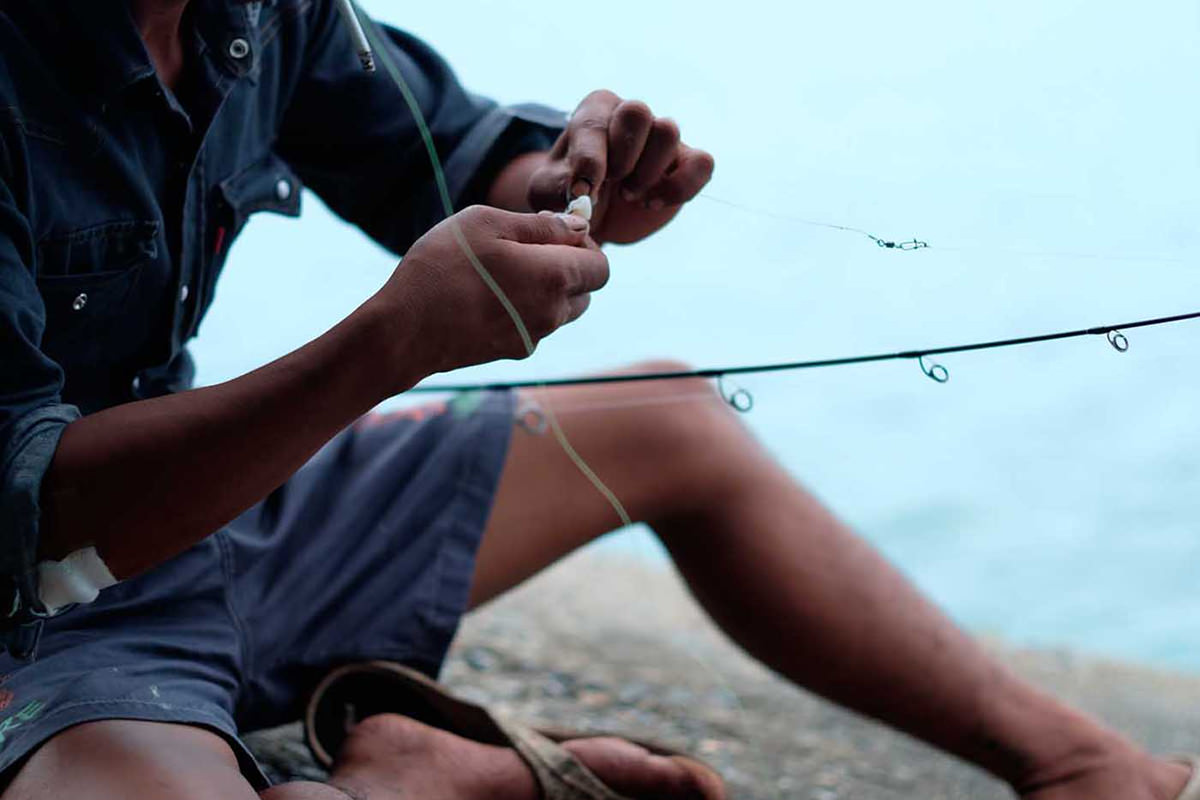


The Pastos, although there are no records of their original language lost in the ravages of the conquest, retain from their ancestors the love for nature, the care of their moors and the symbology of their territory, such as the Sun of Pastos, a petroglyph engraved in the Piedra de los Machines in the village of Tasmag, where a group of women live who, in addition to caring for their animals and crops, are dedicated to weaving in guanga and horizontal loom.
For the Pastos ethnic group, weaving is weaving, it is crossing one thread over another, in an operation that, in addition to having a complex mathematical system of series, gives a contextual meaning to the constructed spellings that represent their social and cultural relationships.
One of the women who has learned to translate their culture into weaving, combining artisan activity with taking care of the home and children, raising guinea pigs, rabbits and cows, and small-scale farming of bread is Estela Paguay.
Since she was little, her mother instilled in her a love for the trade, but it was not until she was older that she became interested in continuing the tradition and the community leader Blanca Tarapués, her teacher, was present there, because she taught her how to use the guanga.
She regularly weaves around her and her orders: fabrics, sashes and looms that Blanca uses to make innovative products which she sells at fairs and events in which she participates, generating a permanent income for women like Estela throughout the year.
She has three kids, the oldest is 25 and is now independent, Veronica is 23 and her youngest daughter is 10. She has taught her daughter to weave because: “I’d like them to continue with the trade, now that the economic situation is difficult, one has the trade with which to contribute financially to the maintenance of the family”.
Estela and Veronica are beneficiaries of PepsiCo’s Naatu social cause, which in collaboration with the ACDI/VOCA LA Foundation, has allowed a new sense of belonging and appropriation of their traditions to flourish in this community through threads and looms.
With this project the members of the community have achieved a new conjunction. They return to their traditions, while innovating and creating a better future, with the hope that through joint work with the professionals and designers that accompany them, they can turn their weaving into the main livelihood of their families and show the world the richness of their ancestral heritage.
Estela and Verónica dreamed of having their own clients, and now that they sell their fabrics to two stores in Bogotá, they are very motivated to continue innovating, “I really like the application of our fabrics in the table line of our collection, I want to continue doing new products that people like to give work to more women in the area who know how to weave”.